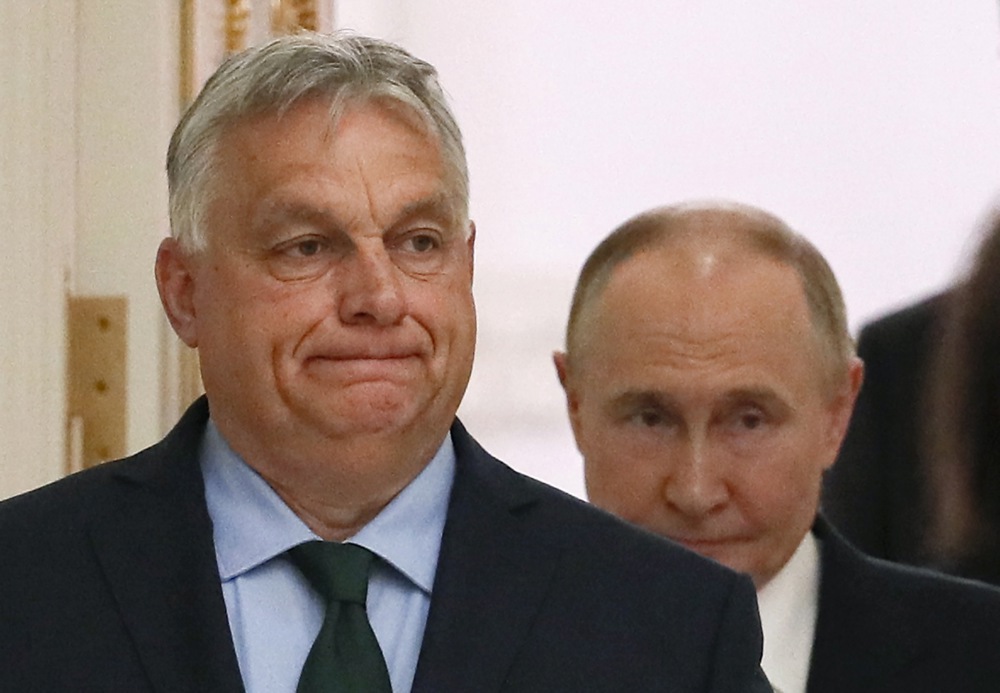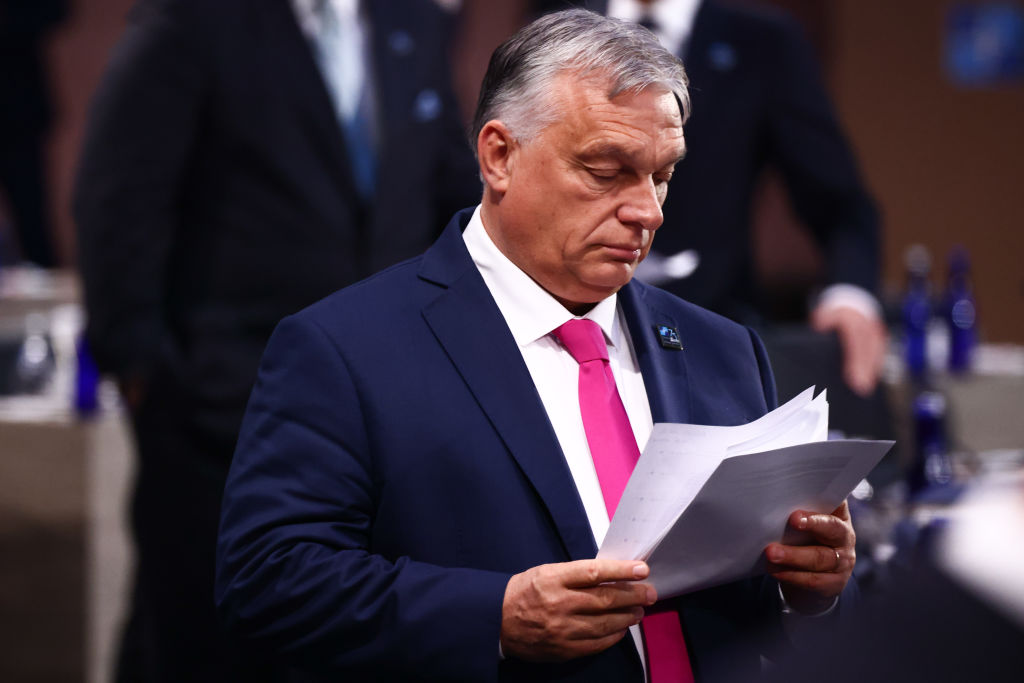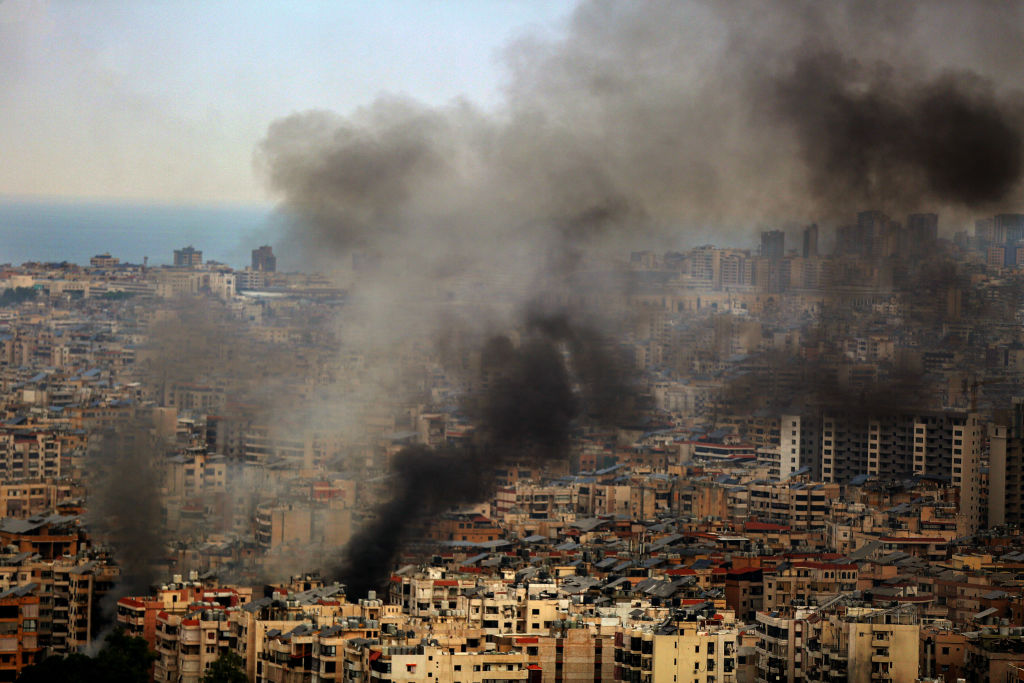 Euractiv is part of the Trust Project
Euractiv is part of the Trust Project
As Russia is likely to launch attacks on Ukraine's energy infrastructure this winter, Kyiv is currently in talks with the International Atomic Energy Agency (IAEA) to place foreign observers near its nuclear power plants to protect the country's energy supply.
"Nuclear is our main energy source right now, and so far the only one Russians haven't targeted directly," Yuliia Kyian, Director General for Strategic Planning and European Integration in Ukraine's energy ministry, told Euractiv.
But they attack infrastructure essential for safe nuclear stations operation, and they understand that if they attacked this facility, we would need to stop our nuclear units," Kyian added.
Moscow could decide to target infrastructure such as substations connected to the country's nuclear power plants, she added.
Since the start of its full-scale invasion of Ukraine in February 2022, Russia has repeatedly targeted energy facilities across Ukraine.
Millions of Ukrainians have suffered either controlled or uncontrolled blackouts throughout the past two and a half years, with Russia destroying the major Trypillya power plant near Kyiv in April of this year.
Ukraine's President Volodymyr Zelenskyy last week had told the UN that Russia was planning further strikes on the country's nuclear power plants in the coming few months, warning of a possible "nuclear disaster".
The sites in question would include the country's three powerful figures of Rivne, Khmelnytskyi, and Pivdennoukrainsk.
While the Zaporizhzhia plant has been under Russian occupation since 2022, the Chernobyl plant has been decommissioned for some time.
"Russians, when they understood that we rely heavily on nuclear and that they are not allowed to attack nuclear directly, decided that they could get around this [standing] rule by attacking the infrastructure around them," Kyian said.
The UN's nuclear watchdog last month warned of significant deterioration in safety at the embattled Zaporizhzhia power plant in Russian-occupied territory, Europe's largest with six reactors.
The plant was seized by Russian forces in the early months of the war and has come under repeated attack, for which both sides blame each other.
At the same time, power lines leading to and from the Zaporizhzhia plant have been cut several times, increasing the risk of a serious blackout that could ultimately lead to a nuclear accident.
"It is our top priority to protect these critical objects, and we are having some negotiations about, for example, IAEA missions that could help us protect these energy facilities," said Kyian.
Sending such missions to the country "would show to the world that the proper operation of those facilities is an essential part of nuclear safety and security," she added.
"We understand that in a situation where we don't have sufficient air defence, we cannot spare an option, including diplomatic instruments, to protect these facilities," Kyian added.
Kyian did not elaborate on the status of negotiations or whether there had been a response from the UN's nuclear agency. But she said the same issue has been raised with several international partners, including the European Union.
The possibility of such missions was previously confirmed by IAEA Director-General Rafael Grossi after a meeting with Zelenskyy last month.
[Edited by Daniel Eck]

 euractiv.de
euractiv.de
 euractiv.fr
euractiv.fr
 euractiv.es
euractiv.es
 euractiv.it
euractiv.it
 euractiv.pl
euractiv.pl
 euractiv.bg
euractiv.bg
 euractiv.cz
euractiv.cz
 euractiv.gr
euractiv.gr
 euractiv.ro
euractiv.ro
 euractiv.sk
euractiv.sk
